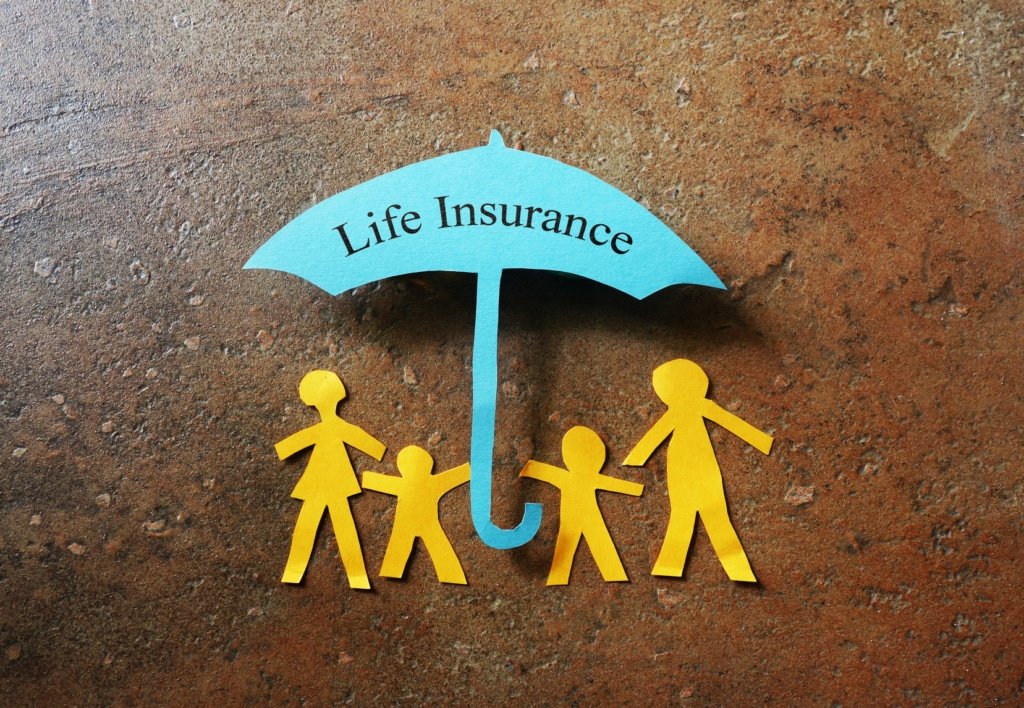“Term Life or Whole Life Insurance”
When it comes to life insurance, most people know they should have something in place, but get confused with all of the different options in front of them. Life insurance? Eh, we will think about that once we hit
that certain age. What is term insurance anyway? What is whole life insurance? Where can I go to get information that actually makes sense so I can make a decision on which type of insurance is best for me? In this article, we provide an overview of these two popular types of life insurance and make our case for why term life insurance is the right choice when combined with an overall disciplined financial approach.
Features of Term Life Insurance
- Provides a Death Benefit Only
- Pays a Death Benefit only if you die during the term of the policy
- Easiest and most affordable and simple insurance to buy
- Typical “terms” are 5,10,15,20, or 30 years
- Monthly premium is usually fixed for the length of the chosen term
- Can be converted to whole life insurance (not recommended)
Term life insurance essentially means you are going to pass the risk of your death onto the insurance company for a certain period of time. During that specified period of time, if you die, your beneficiaries will receive the amount of life insurance you have in a tax-free distribution. Of course, the hope here is that you will never have to use your term life insurance policy at all – but if something were to happen, it’s nice to know that your family and loved ones would be taken care of.
Features of Whole Life Insurance
- Covers someone for their whole life (up to age 120)
- Provides a death benefit AND cash value accumulation that builds up in the policy
- Usually takes 12 to 15 years before there is a sizeable cash value
- A portion of this cash value can be withdrawn or borrowed against during the life of the policy
- Significantly higher monthly premiums compared to a term life insurance policy
While the concept of having life insurance for your “whole life” sounds like a good thing, the reality is that if you have followed sound financial principles throughout your life you shouldn’t need life insurance forever. Ultimately, the goal is to be self-insured, which essentially means you have sufficient assets to cover your family if you were to pass away after your term life insurance has expired. Whole life insurance also builds up a cash value, but keep in mind that life insurance shouldn’t be seen as an investment or money-making scheme.
Life insurance has one main job…to replace your income and cover debts should you pass away. If we take an example of a 30-year-old man who has $100 per month to spend on life insurance, he will likely get coverage for around $125,000 for the whole-life insurance product. Comparatively, a 20-year term life insurance policy for $125,000 will cost him about $8 per month (assuming his health is in good shape). So, the $92 difference should go towards the cash value in the whole life insurance product, right? Well, not really. You see, there are expenses and ALL of the $92 difference disappears into commissions and expenses for the first 2 to 3 years of the policy! After that, your cash value starts to build up very slowly (usually less than 2.5% per year), AND his family won’t even have access to the cash value when he passes away! The only benefit to his beneficiaries would be the original death benefit of $125,000!
For our clients, we strongly recommend determining the right amount of coverage for their life insurance, and then taking that amount out in a term life insurance policy. The length of the term should be decided based on your current age and personal family circumstances. Then, the difference in cost between their term policy and an equivalent whole life policy should be invested into a brokerage account which can grow AND which their beneficiaries have access to when they die.
If you, or someone you know has questions about their life insurance coverage or doesn’t know how much coverage is right for them,
then reach out and speak with one of our advisors!
January 24th, 2020

